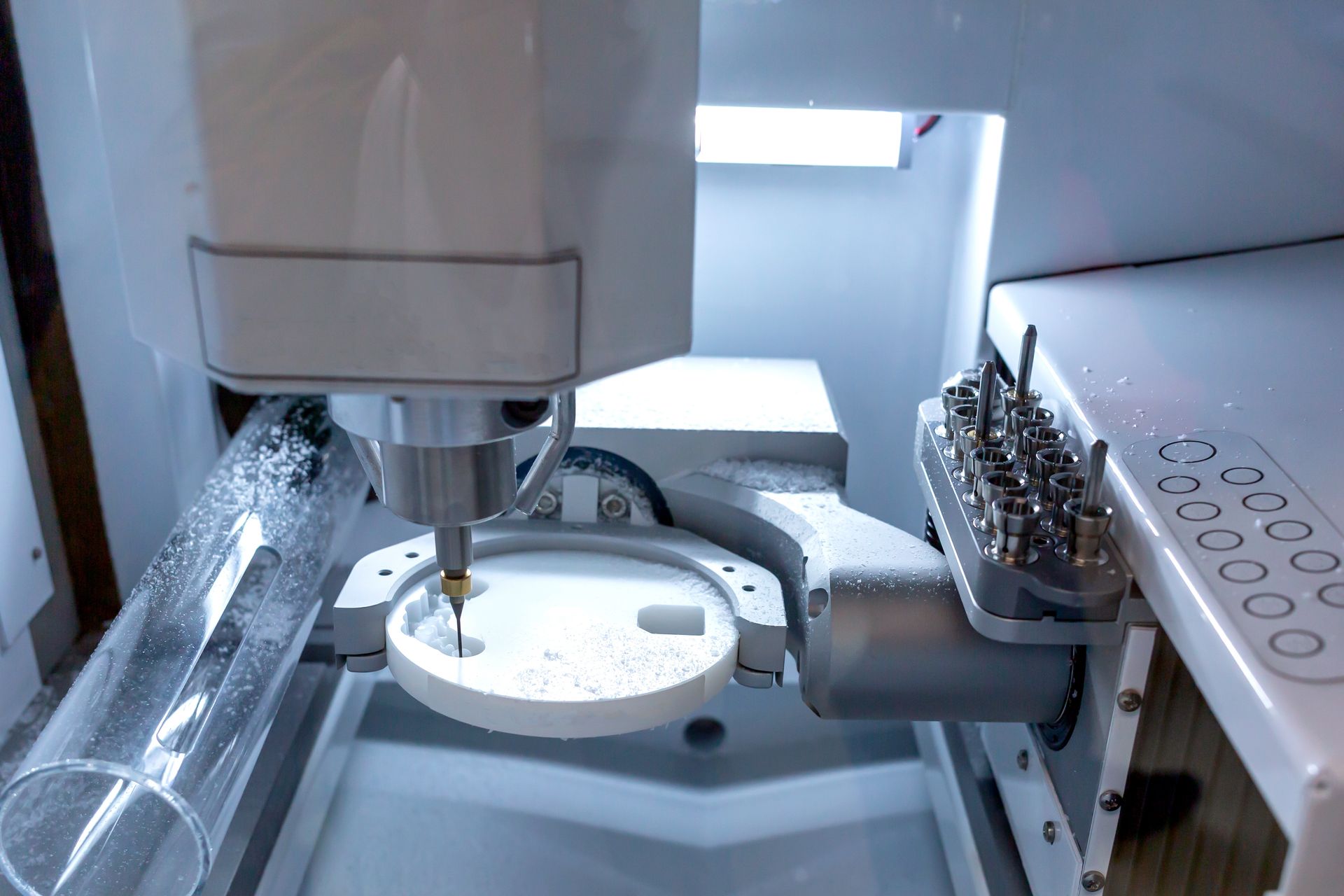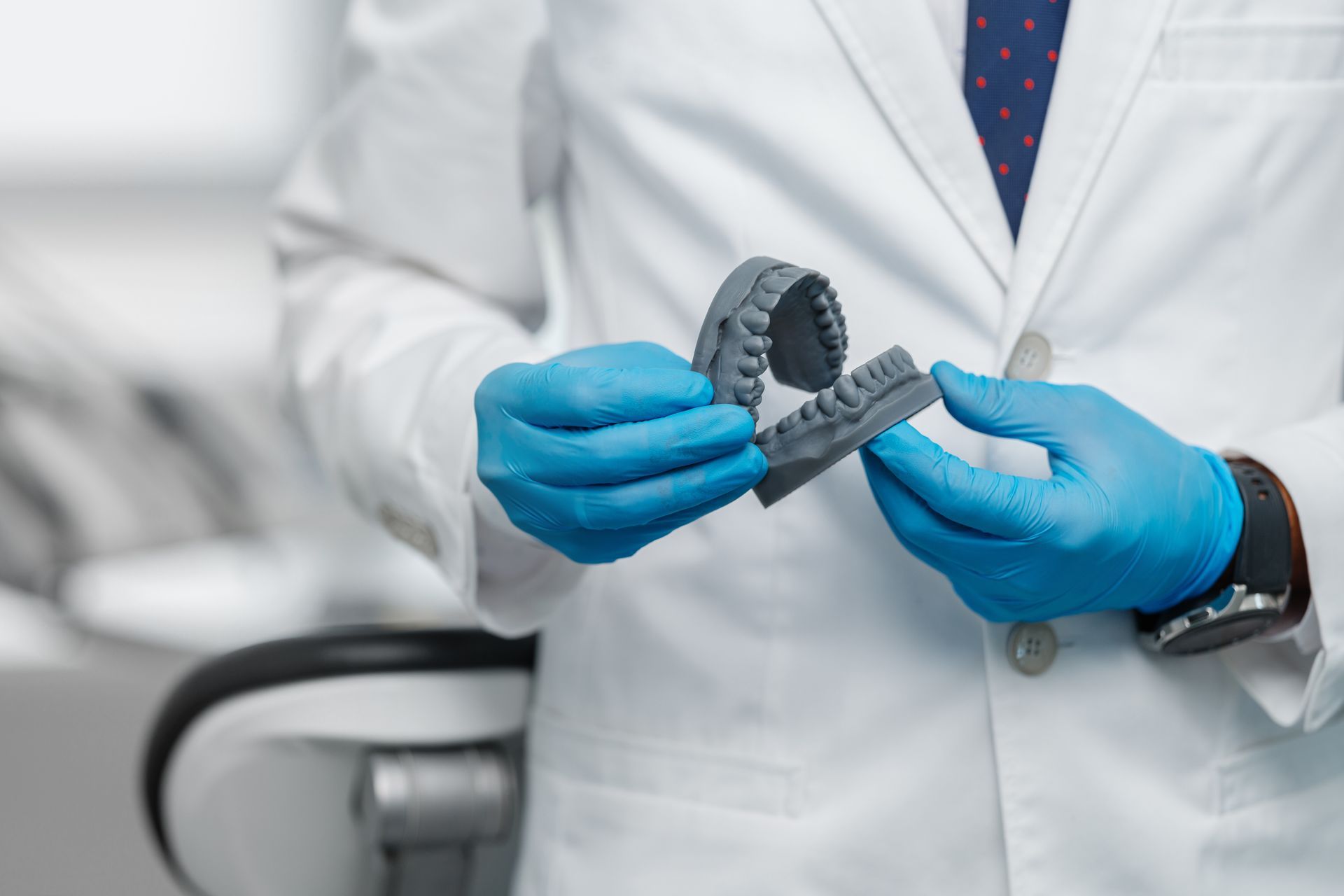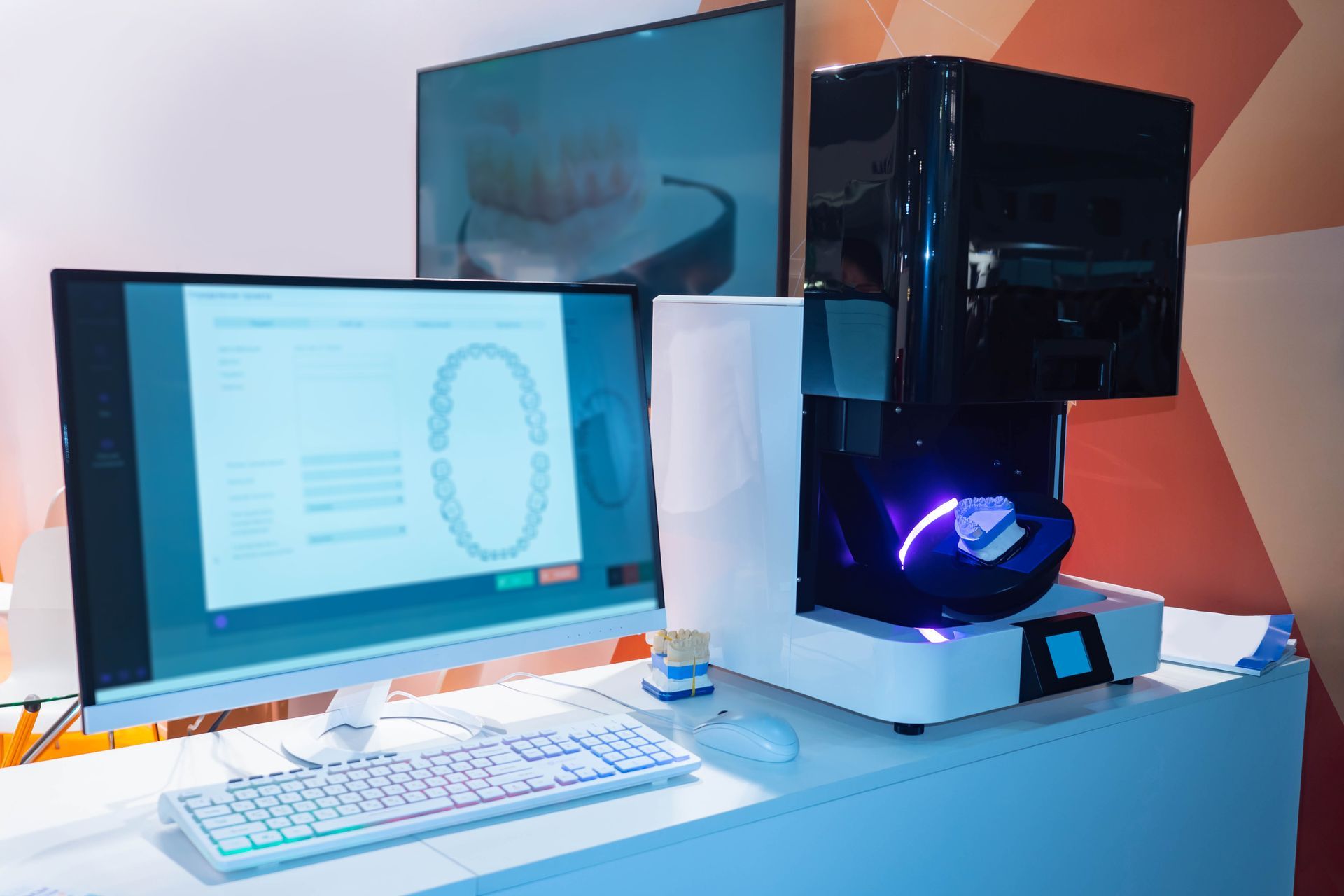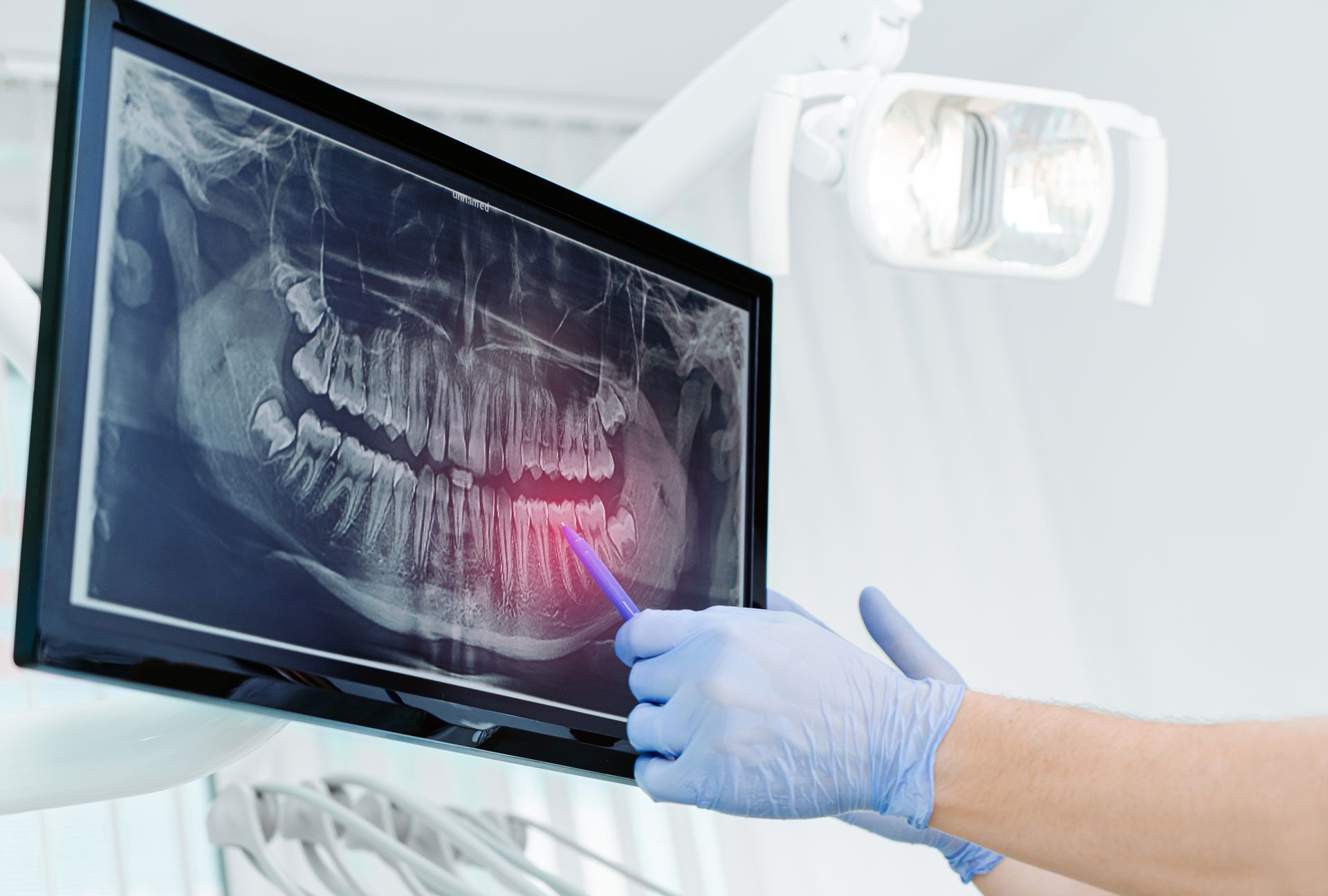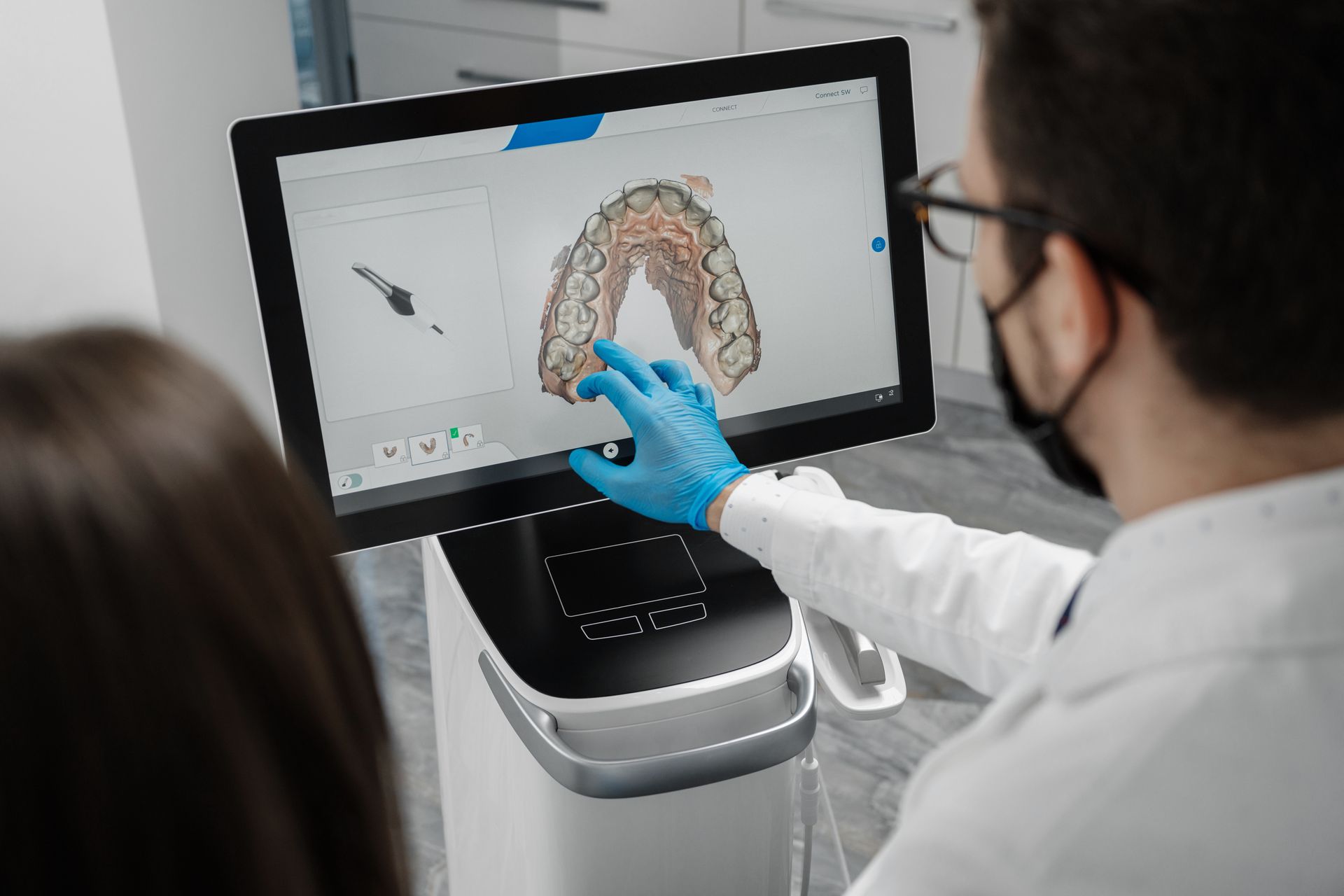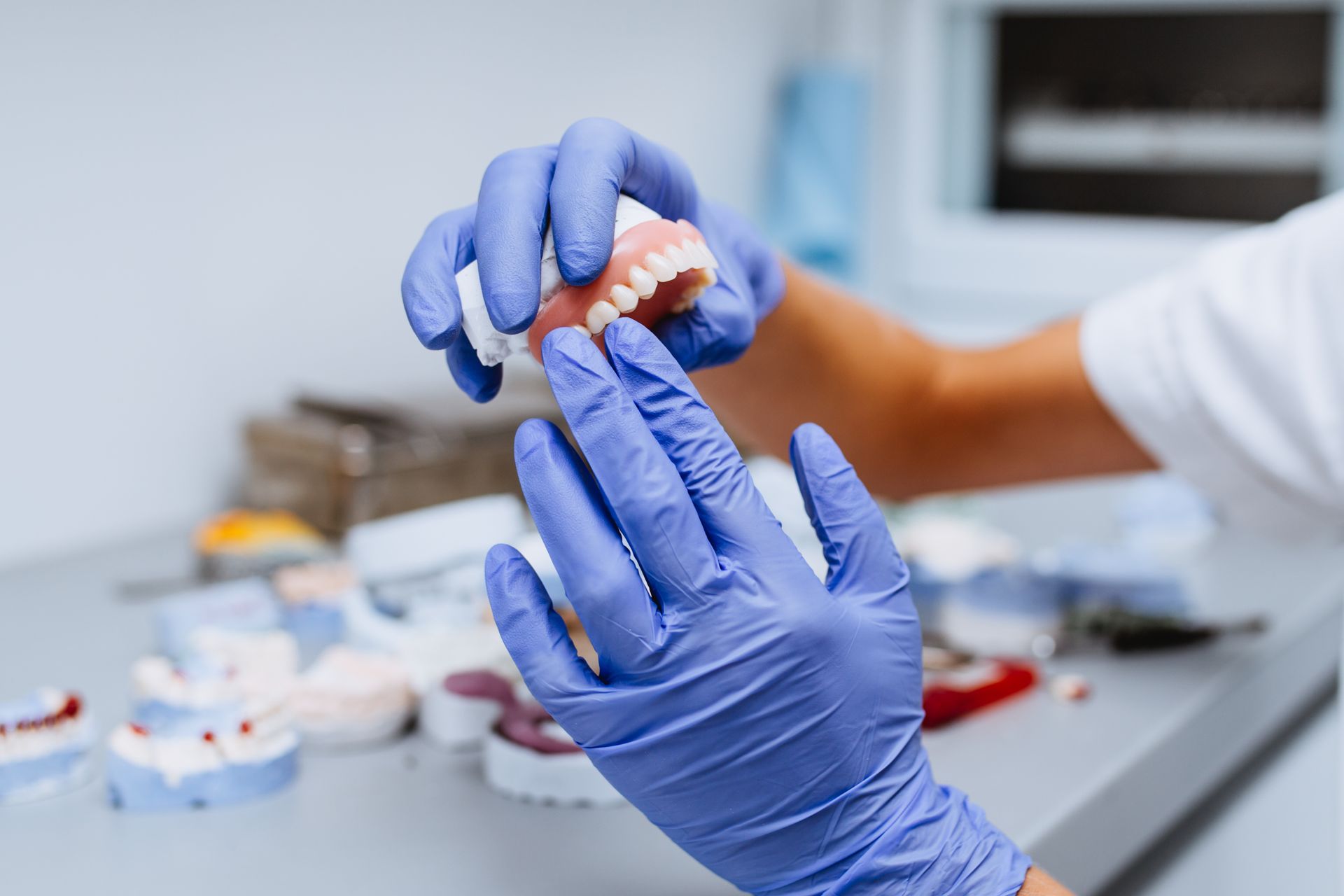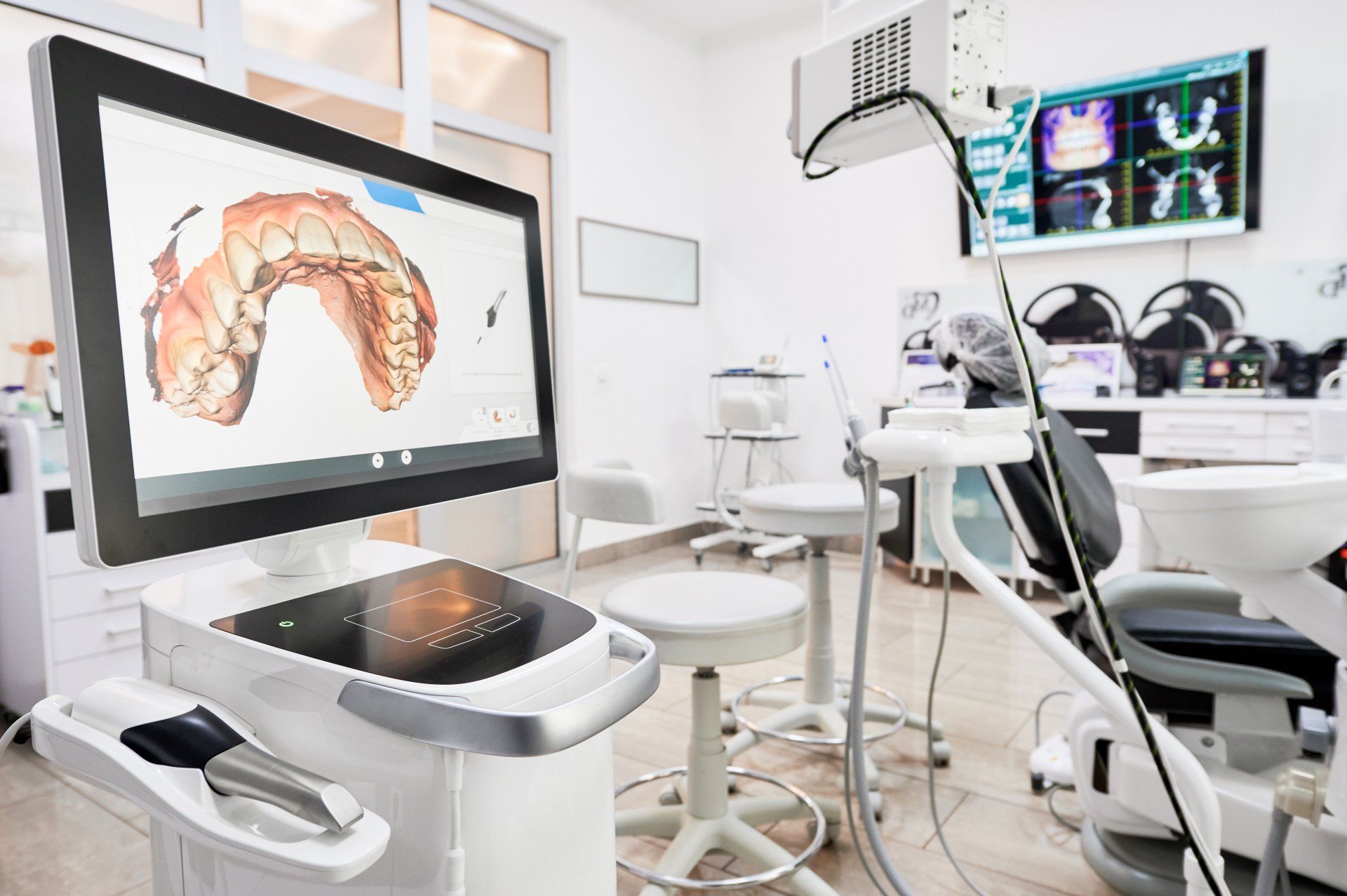Our Guide to Metal and Acrylic Partial Dentures
Our Guide to Metal and Acrylic Partial Dentures
When you must remove some of your patient’s teeth to halt the progression of oral disease, they may be wondering how to fill the new gaps in their mouth. Luckily, there are many types of partial dentures they can try, which will restore their smile and restore chewing and speaking functions. They’re easy to get used to, helping them feel comfortable even after oral surgery.
Given the various kinds of partial dentures available, such as metal and acrylic dentures, it is crucial to know the similarities and differences so you can choose the best one for your patient. It will also help you choose the right dental lab to source your dentures. Here’s what you need to know about them:
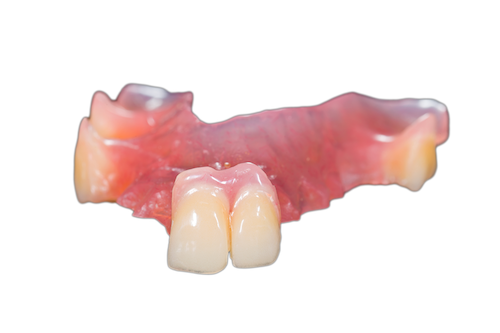
All About Metal Partial Dentures
The most common kind of partial denture is metal, which puts replacement teeth on a cast metal frame. One of the reasons for its popularity is because it attaches itself to neighboring teeth through metal clasps. However, for esthetic reasons, patients often prefer precision attachments instead of these metal fixtures. Still, when properly cared for, partial metal dentures can outlast other kinds of dentures.
Metal dentures are also smaller, which means they’re easier to adjust than acrylic dentures. Due to their size, they occupy less space on the roof of the mouth. Many patients report that metal dentures feel more natural to them as opposed to other types. However, a notable downside is that they’re usually more expensive and are tedious and time-consuming to make.
All About Acrylic Partial Dentures
Acrylic partial dentures are made of resin, making them easy to adjust. They’re especially popular among denture wearers because they are more comfortable than other options and do not cause irritation on the gumline. They’re also more affordable than porcelain dentures. Since acrylic dentures use clear clasps, they don’t cause any cosmetic issues.
These dentures also come with their disadvantages. They’re made from resin, which means they deteriorate faster than metal dentures. Although they’re cheaper, they must be replaced every five years, which can quickly lead to a higher bill. Acrylic dentures are also bulkier and more prone to breakage, resulting in extensive adjustment periods for denture wearers. That means wearers will have more difficulty relearning how to speak or chew with each new acrylic denture they wear.
The Right Dentures For Your Patient
The patient’s mouth and any present oral conditions will dictate the type of denture that best fits your patient. Depending on their needs and current state, they may benefit from one over the other. It will also help to partner with a reliable dental lab to ensure you get the highest quality dentures possible, ensuring only the best for your patient.
Vitality Tech, LLC is among the best dental labs specializing in dental implants, fixed prosthetics, and high-end removable dentures. We serve dental practices all over the country with our complete digital dental lab, where we can manufacture aligners, crowns, bridges, night guards, and more for you. Contact us today to get started!

